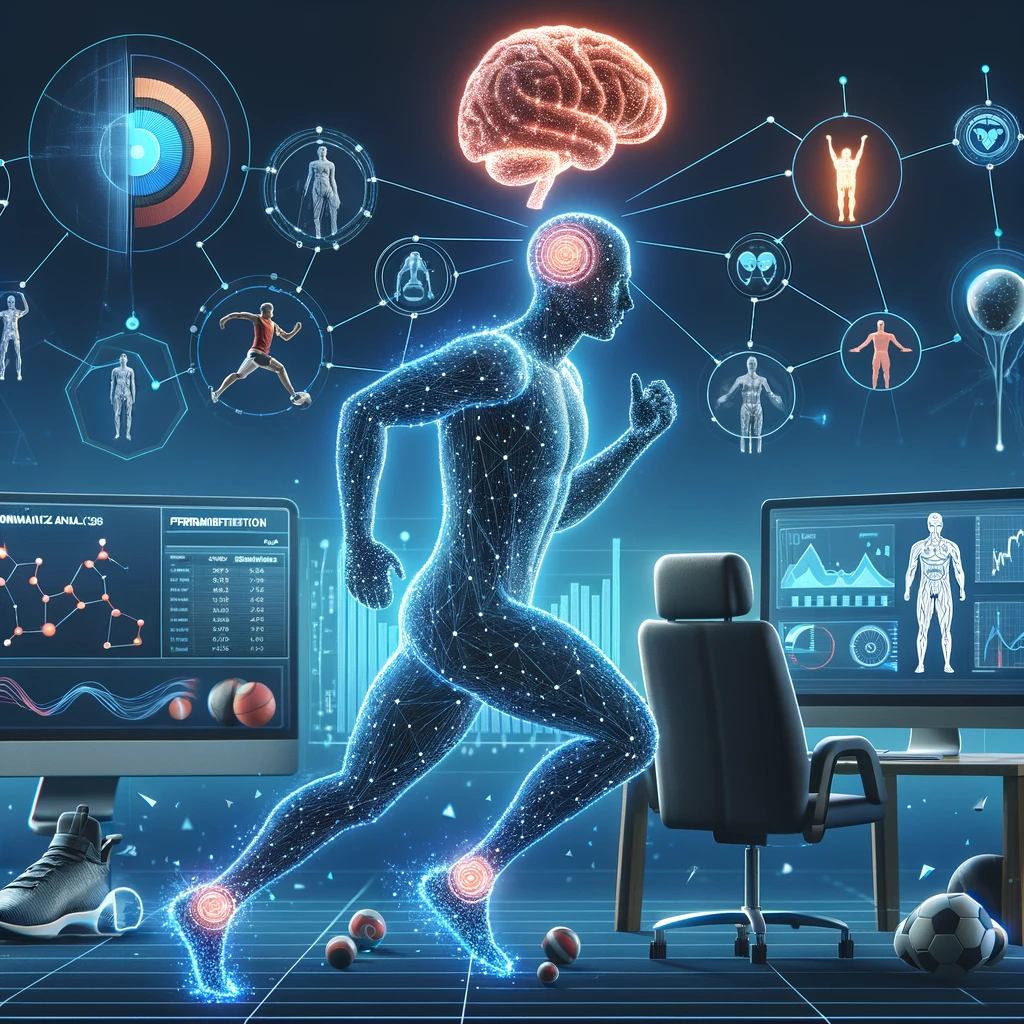Injury Prevention, Optimized Training and Rehabilitation: How Is AI Reshaping the Field of Sports Medicine
DOI:
https://doi.org/10.61838/kman.najm.1.1.6Keywords:
Athletics, Injury Risk, Kinesiology, Machine Learning, Smart Watch, Training LoadAbstract
Artificial intelligence (AI) has the potential to develop the field of sports medicine. It can be used to improve injury prevention by analyzing player performance data, biomechanical factors and physiological indicators to identify injury risk and develop personalized prevention programs. Likewise, AI can improve training strategies by analyzing data and performance metrics to create individualized and precise training programs, optimizing intensity and duration while avoiding overtraining. Additionally, AI can redefine rehabilitation by dynamically influencing rehabilitation programs, providing real-time feedback, and customizing therapies based on individual recovery. In this editorial we present in detail the benefits of AI in these three areas and we discuss ethical considerations for using AI as a powerful tool in an appropriate way.

Downloads
Additional Files
Published
Issue
Section
License

This work is licensed under a Creative Commons Attribution-NonCommercial 4.0 International License.



